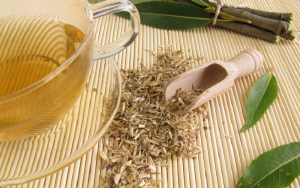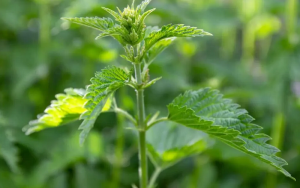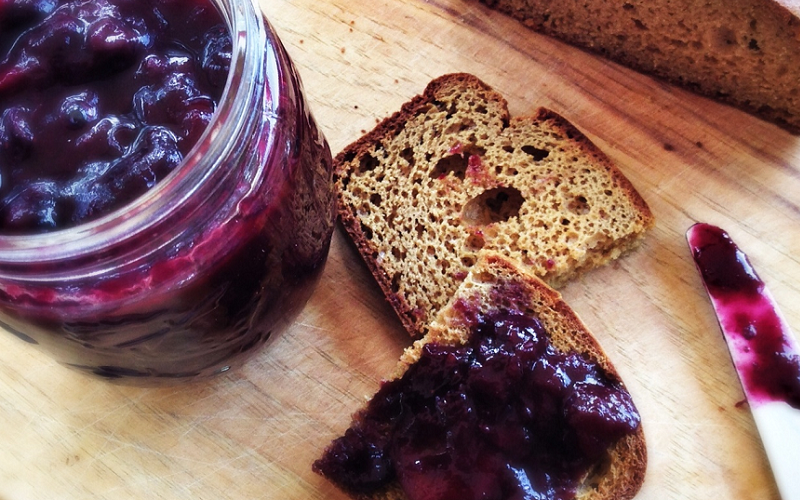
Modified Citrus Pectin (MCP) is a unique substance derived from the pith of citrus fruit peels that’s creating a buzz in the health and wellness sphere. Known for its potential detoxification properties and immune-boosting effects, MCP is fast gaining recognition among scientists and health enthusiasts alike.
Contents
Introduction to Modified Citrus Pectin (MCP)
In the realm of health and wellness, there are countless natural compounds to explore, each with its unique benefits. One such compound that’s stirring interest is Modified Citrus Pectin or MCP. You might be familiar with the word ‘pectin’, often associated with the process of making jellies or jams, but MCP takes this simple compound to a new level.
Brief Explanation of What MCP Is
Modified Citrus Pectin (MCP) is a form of pectin that has been altered to break down its molecules into smaller pieces. The modification process involves changing the structure of the pectin, usually through a controlled enzymatic or pH process, making it easier for the body to absorb.
The Natural Source of MCP: Citrus Fruits
The name gives it away – MCP comes from citrus fruits. Pectin, in its original form, is a type of fiber found in the cell walls of many plants, and it’s especially abundant in citrus fruits. The peel and pulp of oranges, lemons, grapefruits, and other citrus varieties are rich sources of this naturally occurring substance.
The Process of Modifying Citrus Pectin
The modification process is what distinguishes MCP from ordinary pectin. While regular pectin has a complex structure that our bodies find hard to digest, MCP has been modified to be more bioavailable. This means it’s easier for our bodies to absorb and utilize. The pectin is processed using heat, pH alterations, and enzymes to break it down into smaller, absorbable pieces that can be readily used by the body. This transformation opens up a world of potential health benefits that are being explored and celebrated in contemporary health science.
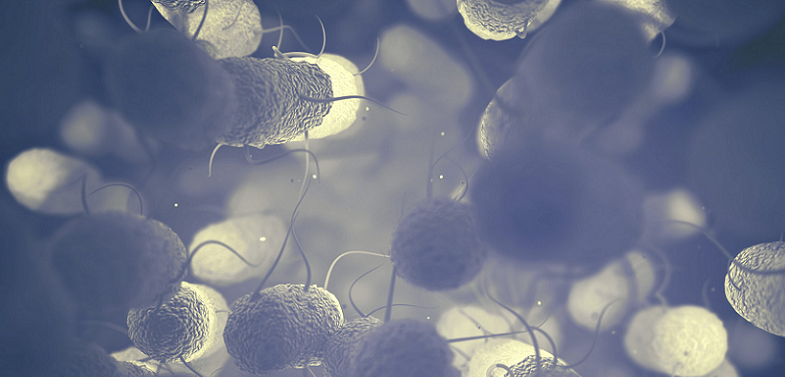
Understanding Pectin and Its Role in Our Bodies
Before we dive into the specific benefits and roles of Modified Citrus Pectin, it’s essential to understand what pectin is and its natural function in our bodies. By grasping the role of this unique compound, we can better appreciate the impact and importance of its modified version, MCP.
Natural Function of Pectin in Plants
In the plant world, pectin plays a vital role in growth and development. It’s found in the cell walls of plants, acting as a ‘glue’ that helps hold cells together. Pectin is particularly abundant in the rinds and pulp of fruits, such as apples, plums, oranges, and other citrus fruits. It contributes to their firmness and structure, and it’s the reason why ripe fruits have a soft but firm texture.
Digestive Role of Pectin in the Human Body
When consumed, pectin serves as a form of dietary fiber. It aids in digestion by attracting water to the gut, which helps soften the stool and promote regular bowel movements. This soluble fiber also slows down digestion, helping you feel full for longer, which can aid in weight management. Furthermore, pectin is known to support healthy cholesterol levels by binding to cholesterol in the gut and promoting its excretion.
Traditional Therapeutic Uses of Pectin
Beyond its role in digestion, pectin has been used in various therapeutic capacities. Traditional medicine has long used pectin to treat diarrhea and soothe gastrointestinal issues. More recently, it has been used in certain types of medications to improve their effectiveness. For instance, pectin can be found in throat lozenges as it helps to soothe irritated mucous membranes. However, regular pectin’s large molecular structure limits its absorption, and hence its potential benefits – a barrier that Modified Citrus Pectin overcomes [1].
How Modified Citrus Pectin Works
With a firm understanding of pectin’s role in both plants and humans, we can now focus on the unique aspects of Modified Citrus Pectin.
Differences Between Regular Pectin and MCP
While regular pectin and MCP both originate from the same source, their effects in the human body are markedly different. Regular pectin, due to its large molecular size, is not efficiently absorbed by the body. It primarily functions as dietary fiber, aiding digestion but not offering much else in terms of health benefits [2].
On the other hand, MCP, thanks to the modification process, has a smaller molecular size and a different structure. This allows it to be absorbed into the bloodstream, where it can exercise its potential health benefits throughout the body.
How the Body Absorbs MCP
MCP’s unique structure enables it to pass through the intestinal wall into the bloodstream, something that regular pectin cannot achieve due to its larger size. Once MCP is in the bloodstream, it can circulate throughout the body, interacting with various cells and proteins, and exerting its beneficial effects.
The Galectin-3 Protein and MCP’s Mechanism of Action
One of the key interactions of MCP in the body involves a protein called galectin-3. This protein is found in every cell of the human body and plays a role in many biological functions, including cell growth, inflammation, and immune response. When galectin-3 levels become unbalanced, it can contribute to various health problems, including fibrosis, organ dysfunction, and even cancer.
MCP has a unique ability to bind to galectin-3, effectively blocking its harmful activities. This property is one of the main reasons MCP has gained interest in the medical research community. By inhibiting galectin-3, MCP shows promise in supporting overall health, immune function, and potentially even in addressing serious health conditions [3].

The Detoxification Potential of MCP
Modified Citrus Pectin’s unique properties make it a promising candidate for supporting the body’s natural detoxification processes. Detoxification involves removing harmful substances from our bodies, and MCP’s ability to bind to various compounds suggests it may play a valuable role in this area.
The Concept of Detoxification in Healthcare
Detoxification is a natural process that our bodies constantly undertake to remove or neutralize toxins. These toxins can come from various sources, including the food we eat, the air we breathe, and the products we use. Our bodies have natural detoxification pathways, primarily in the liver, kidneys, and intestines, which help eliminate these toxins.
In healthcare, the concept of detoxification often involves dietary and lifestyle changes aimed at supporting these natural processes. This can include eating a nutrient-rich diet, drinking plenty of water, exercising regularly, and avoiding harmful substances.
How MCP Supports Detoxification
MCP’s role in detoxification comes from its ability to bind to certain toxins, heavy metals, and radioactive substances. This process, known as chelation, involves MCP molecules encapsulating these harmful substances and removing them from the body through the excretory system. This chelation ability is a unique property of MCP and sets it apart from regular pectin, which lacks this function due to its larger molecular size and different structure.
Studies and Evidence Backing MCP’s Role in Detoxification
Several scientific studies support MCP’s detoxification potential. For instance, a study published in the journal “Phytotherapy Research” found that MCP could bind to and facilitate the removal of lead from the body. Another study, published in “Alternative Therapies in Health and Medicine,” demonstrated MCP’s ability to significantly reduce the levels of toxic heavy metals in the body, including lead, mercury, and arsenic, without affecting essential minerals [4].
While these studies are promising, more research is needed to fully understand MCP’s detoxification potential and its implications for human health. However, the existing evidence certainly points to MCP as a promising ally in our body’s ongoing battle against toxins.
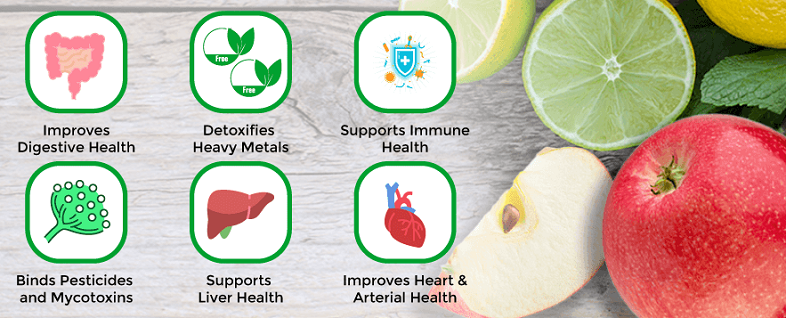
MCP’s Role in Immune Support
The potential benefits of Modified Citrus Pectin extend beyond detoxification. Emerging research suggests that MCP may also play a pivotal role in supporting our immune systems. This complex network of cells, tissues, and organs works tirelessly to protect us from harmful pathogens and diseases.
Overview of the Immune System
The immune system is our body’s natural defense mechanism against infections and diseases. It comprises different components, including white blood cells, antibodies, the complement system, the lymphatic system, the spleen, the thymus, and the bone marrow. These components work together to identify and eliminate pathogens like bacteria, viruses, and foreign bodies.
How MCP Enhances Immune Function
MCP appears to support the immune system through its interaction with galectin-3, the protein we discussed earlier. By binding to galectin-3, MCP can help regulate the protein’s activities, which include immune response modulation. Galectin-3 is involved in inflammation and immune response, so controlling its activities could potentially help manage inflammatory conditions and boost immune function.
Moreover, MCP has been shown to stimulate the activity of natural killer (NK) cells, a type of white blood cell that plays a crucial role in our bodies’ defense against viruses and cancer cells. By enhancing NK cell activity, MCP could potentially improve our bodies’ ability to fight off infections and diseases [5].
Scientific Evidence of MCP’s Immune-Boosting Properties
Several studies lend credence to the potential immune-boosting benefits of MCP. For instance, a study published in “BMC Complementary and Alternative Medicine” found that MCP significantly increased the activity of NK cells, thereby enhancing the body’s immune response.
Another study published in “The Journal of Immunology” showed that MCP could inhibit galectin-3 activities, thereby modulating immune response and inflammation [6].
Again, while these findings are promising, more research is needed to fully understand the mechanisms through which MCP supports immune function and its potential implications for human health. Nonetheless, the initial evidence suggests that MCP could be a valuable addition to our immune-supporting toolkits.
References
[1] Can Pectin Prevent Cancer Spread?
[2] modified citrus pectin supplement
[3] Modified citrus pectin inhibited bladder tumor growth
[4] Integrative medicine and the role of modified citrus pectin/alginates in heavy metal chelation and detoxification
[5] Modified Citrus Pectin Helps Reduce Body Burden Of Toxins
[6] Columbia University Study Shows Modified Citrus Pectin Fights Prostate Cancer

